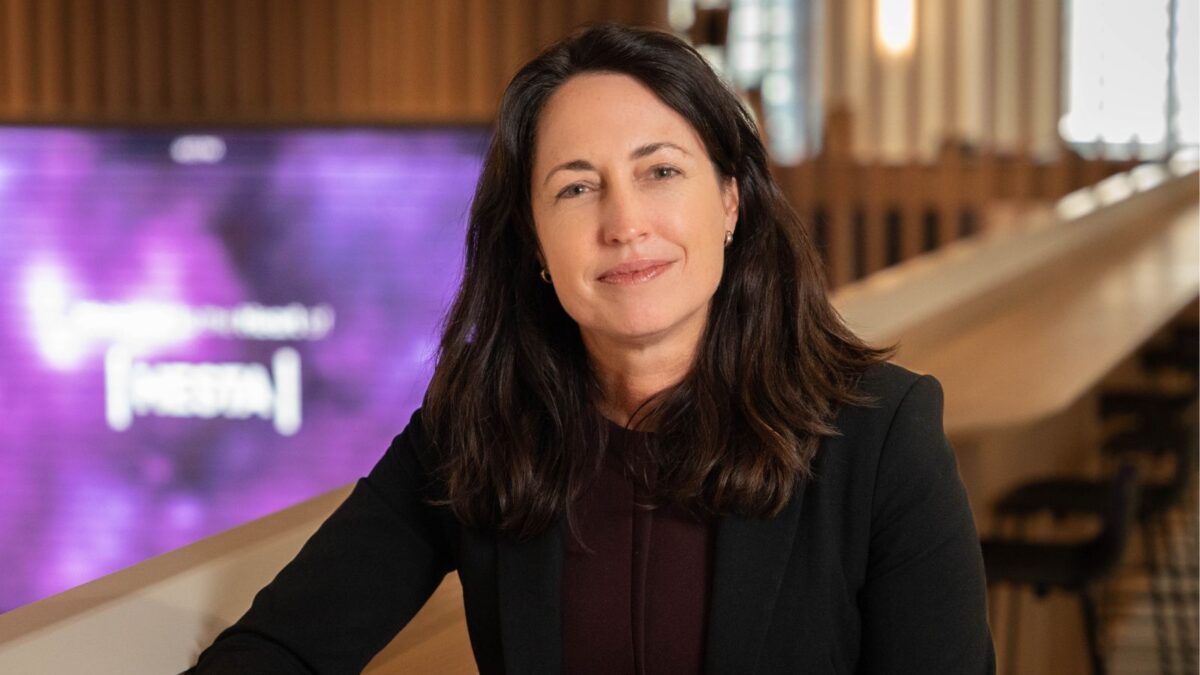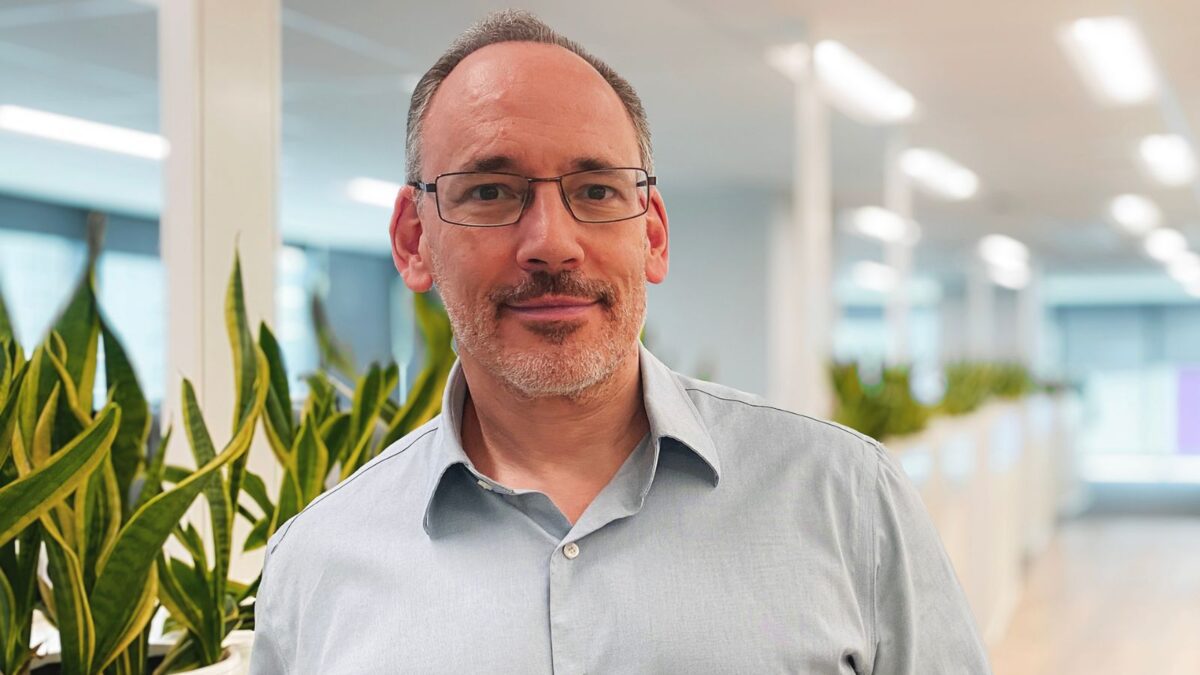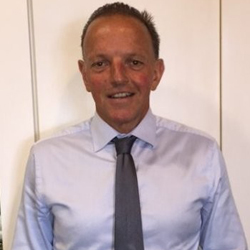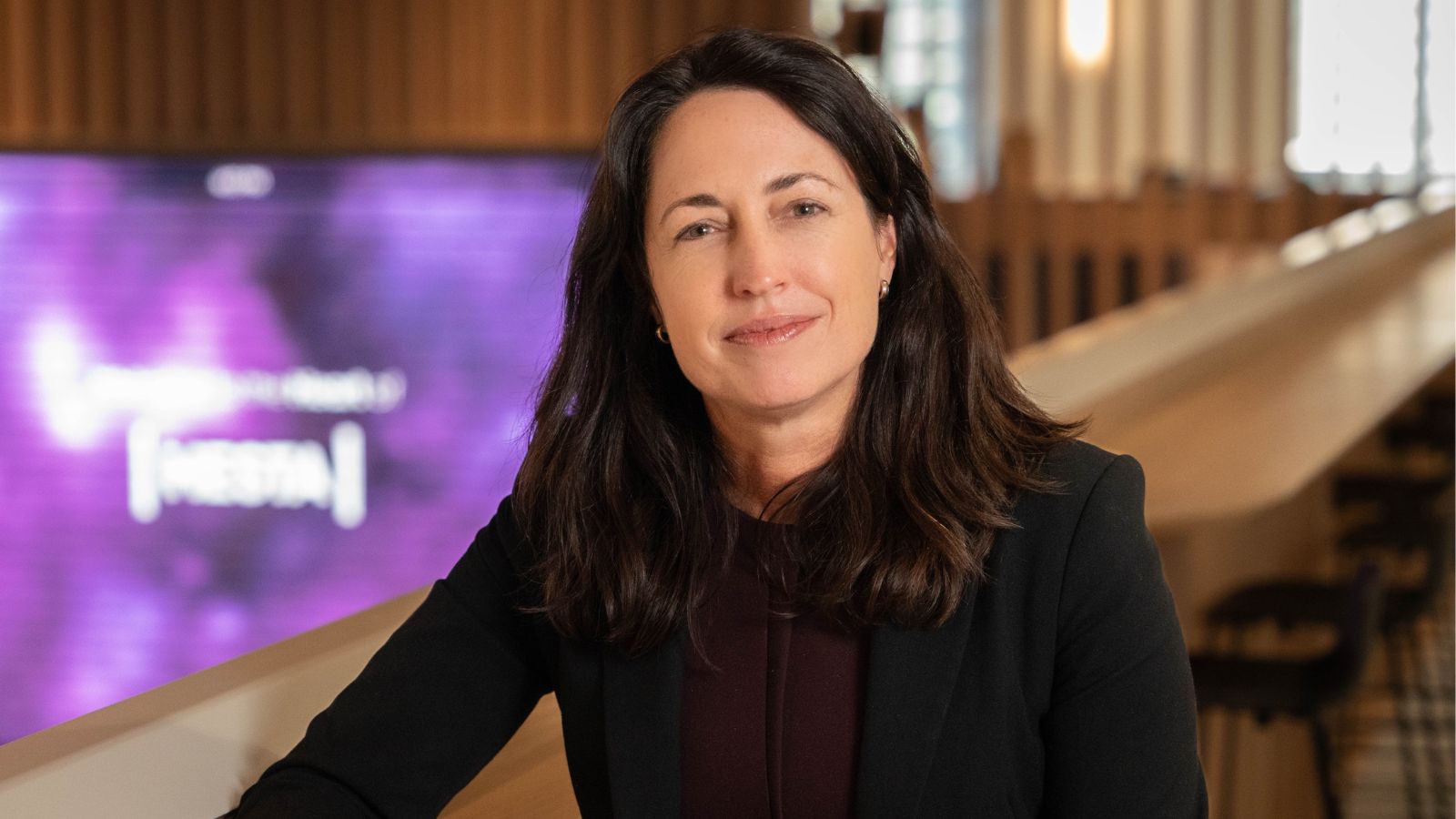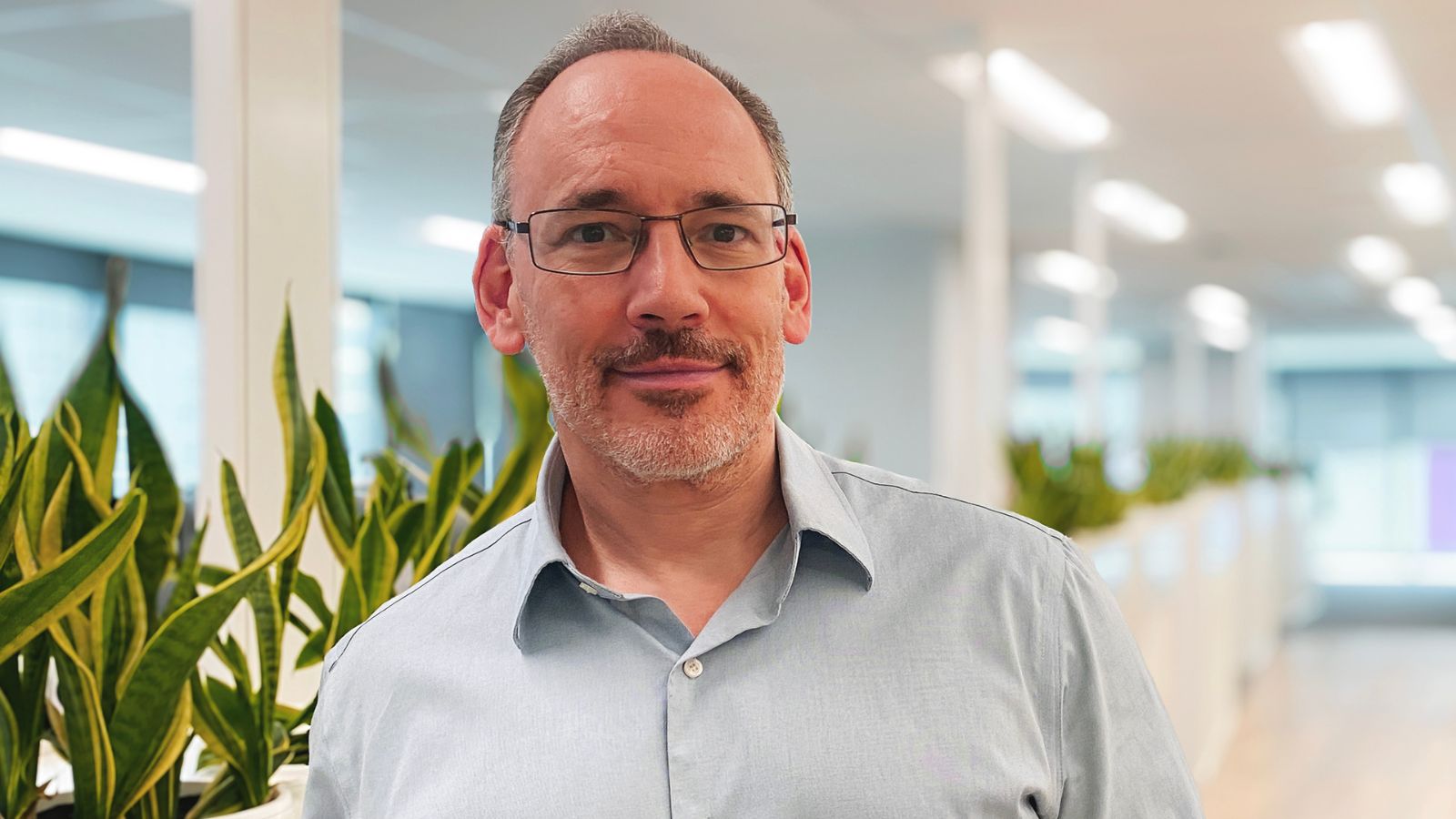NAB’s latest FX survey shows shift in intent
The big super funds which take part on National Australia’s Bank’s two-yearly survey about currency management have exhibited a significant upgrade in their views and intent with respect to foreign currency.
“It’s no longer a binary – passive or active – decision. It is much more nuanced and integrated in the whole investment process. There has been a shift in the way they [big fiduciary investors] make informed decisions,” according to a NAB spokesperson who has worked on the survey. A critical element is the increasing importance of international investments for big Australian fiduciary investors, and therefore the subsequent currency decisions.
This is the ninth biennial survey of institutional investors conducted by NAB, which provides FX management and services both as part of its general banking and as part of securities services business, NAB Asset Servicing. The detailed results will be revealed at a day-long seminar in Melbourne on August 28.
This year, 61 super funds participated in the survey, representing A$1.8 trillion of assets under management – a significant increase from 2017, when 46 funds participated, covering $980 billion. This represented about 90 per cent of the Industry, based on ASFA data, excluding the SMSF sector, NAB says. The funds involved included industry, corporate, retail, and public sector, with a slight bias toward industry funds.
Mike Symonds, director of portfolio management currency overlay solutions at NAB, said: “This year we have provided greater analysis on trends by funds’ size. Small is defined as less than $5 billion of assets, medium as $5-25 billion and large as more than $25 billion. We have examined fund behaviour in relation to currency positioning, decision-making processes, hedging products and regulatory changes.”
New questions in the latest survey include: intentions toward future offshore asset allocation; the typical duration of FX hedging; and, areas where funds still believe there may be opportunities for greater efficiencies in their currency risk management processes.
The survey was conducted, as previously, in person-to-person interviews wherever possible, by Ronan Walsh from Marose Consulting, an independent research consultant, who ensured consistency across the interviews.
Mike … said: “The majority of funds have signalled that the trend to greater exposure in International assets is set to continue over the next two years. With this in mind, funds continue to recognise the impact currency decisions can have on portfolio returns.”
The client seminar in Melbourne is not just about FX. It will cover broader areas of interest to super funds and advisors, including:
- The changing landscape of superannuation in Australia
- The hunt for US real assets from a northern hemisphere perspective
- Optimising member investment returns in a world of ultra-low interest rates and slowing global growth, and
- Managing liquidity and collateral from a super fund’s perspective
The speaker line-up includes: Mark Burgess, the independent chair of Hesta and former Future Fund chief executive; Ann Valentine Andrews from Blackrock North America and Richard Hoskins from the Carlyle private equity group. Scott Hartley, who is leaving his position as chief executive at Sunsuper when a replacement is found, will talk about his time at the fund, which represented a re-building process; and, Jeff Kennett, the former Victorian Premier, will provide the keynote speech.
Info at: http://campaigns.nab.com.au/nab-superfund-conference/
– G.B.

